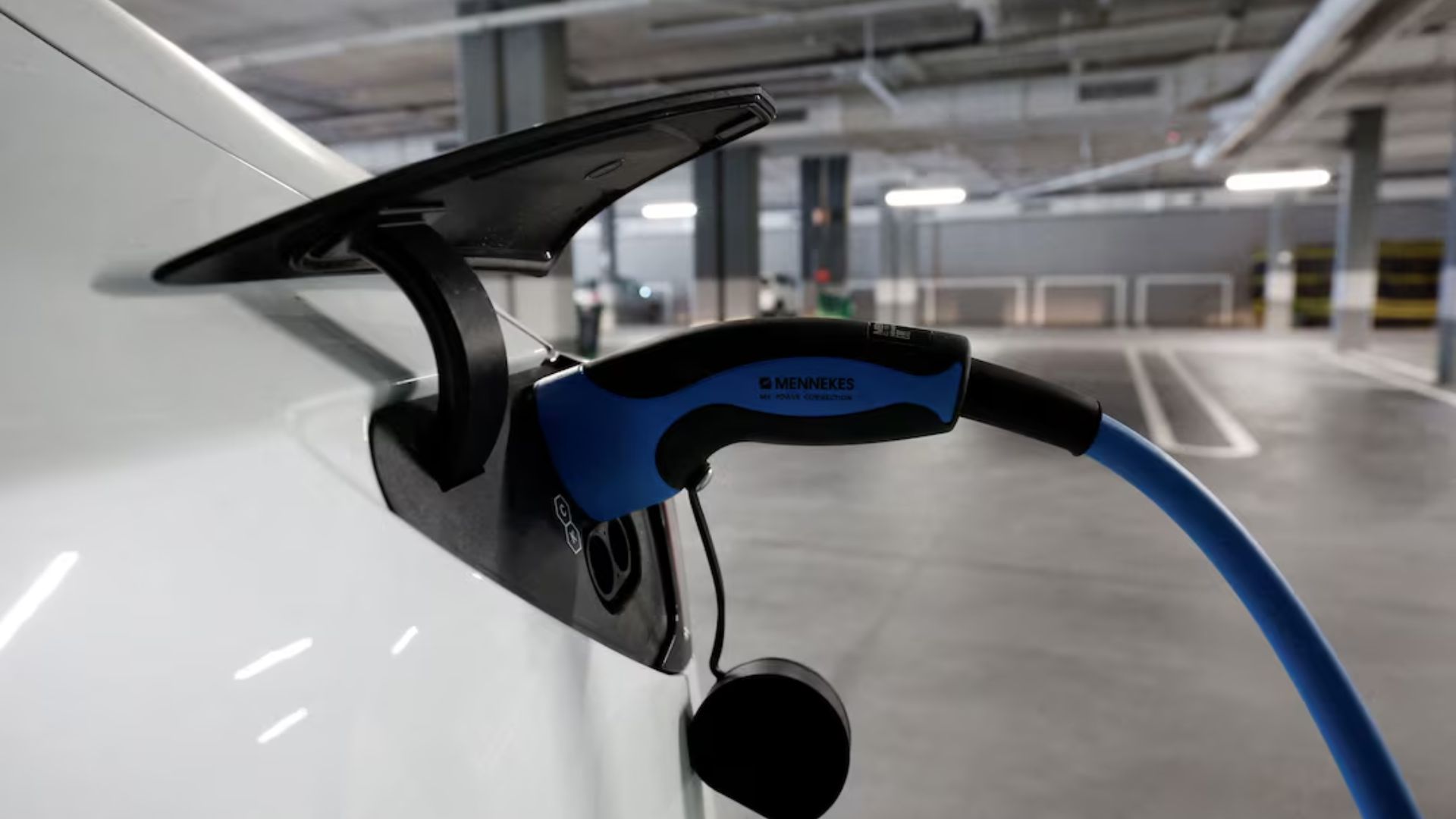WASHINGTON, (Reuters) – U.S. Senate Republicans on Wednesday proposed a pair of bills to kill the country’s $7,500 electric vehicle tax credit and impose a new $1,000 tax on EVs to pay for road repairs.
Senator John Barrasso, joined by 14 senators including Senate Majority Leader John Thune introduced legislation to repeal the tax credit for new EVs and kill the $4,000 used EV credit, end the federal investment tax credit for EV charging stations and end credits for leased EVs. The credits would end 30 days after the bill was signed into law.
Detroit automakers have been pushing to retain the credits, or at least see them phased out over time, after investing billions of dollars in EV and battery production.
The other bill would impose a one-time $1,000 fee charged at the time of purchase, which would be roughly equivalent to what drivers of conventional vehicles pay in federal gas taxes over 10 years for highway funds, said Senator Deb Fischer, the lead sponsor of the measure that also includes Senators Pete Ricketts and Cynthia Lummis.
“EVs can weigh up to three times as much as gas-powered cars, creating more wear and tear on our roads and bridges,” Fischer said, saying gasoline-vehicle users typically pay $87 to $100 annually to the trust fund.
Most revenue for federally funded road repairs is collected through diesel and gasoline taxes, which EVs do not pay.
Transportation Secretary Sean Duffy said last month he thought EVs should pay for road use. “How to do that, I think, is a little more challenging,” said Duffy.
Some states charge fees for electric vehicles to cover road repair costs. Congress for the past three decades has opted not to hike fuel taxes to pay for rising road repair costs.
Since 2008, more than $275 billion – including $118 billion from the 2021 infrastructure law – has been shifted from the general fund to pay for road repairs.
The Trump administration has frozen EV charging funds and is moving to rescind aggressive emissions rules that the Biden administration estimated would force automakers to build a rising numbers of EVs to comply.
EVs still face hurdles among consumers including that they are typically more expensive than equivalent gasoline-powered versions.
Reporting by David Shepardson; Editing by Chizu Nomiyama, Alistair Bell and Sonali Paul











